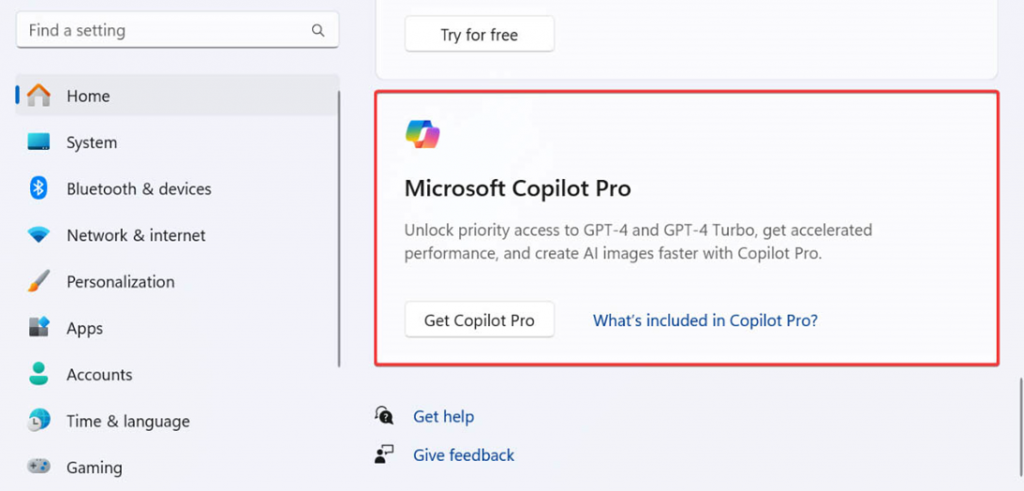Teacher
Professional
- Messages
- 2,670
- Reaction score
- 816
- Points
- 113
Desperate attempts to promote branded products caused a flurry of criticism from Windows users.
Recently, Microsoft has been investing billions of dollars in the development of artificial intelligence, in particular, in projects such as Microsoft's proprietary AI assistant Copilot, based on the large GPT-4 language model also used in ChatGPT.
The company strives not only to bring innovative products to the market, but also to ensure their popularity among customers. In this regard, Windows users recently encountered a very controversial move from Microsoft — the appearance on the Windows 11 lock screen huge QR code leading to the Copilot website.
This ad caused a lot of discussion among users, who were genuinely struck by the immeasurable audacity of Microsoft in its aggressive promotion approaches.
Despite customer dissatisfaction, Microsoft representatives said that the purpose of such a notification is to "inform users" about the existence of Copilot so that they can start using it. However, after a flurry of criticism hit the company, the use of this method of informing was suspended.
At the same time, in addition to the QR code on the lock screen, the operating system still has a lot of Copilot advertising elements, including advertising a Copilot Pro subscription in the Settings app.

In addition, there are already reports on the web that Microsoft has once again targeted Chrome users with special banners promoting "free chat with GPT-4 in Chrome".
All these measures to promote Microsoft's artificial intelligence raise questions about how far the company is willing to go in its efforts to "educate customers" and where the line is between simply informing and openly imposing its product.
Earlier, Mozilla openly opposed Microsoft, accusing the latter of using so-called "dark patterns" that allow the Redmond-based company to aggressively advertise its own products, taking advantage of its dominant position in the operating system market.
Recently, Microsoft has been investing billions of dollars in the development of artificial intelligence, in particular, in projects such as Microsoft's proprietary AI assistant Copilot, based on the large GPT-4 language model also used in ChatGPT.
The company strives not only to bring innovative products to the market, but also to ensure their popularity among customers. In this regard, Windows users recently encountered a very controversial move from Microsoft — the appearance on the Windows 11 lock screen huge QR code leading to the Copilot website.
This ad caused a lot of discussion among users, who were genuinely struck by the immeasurable audacity of Microsoft in its aggressive promotion approaches.
Despite customer dissatisfaction, Microsoft representatives said that the purpose of such a notification is to "inform users" about the existence of Copilot so that they can start using it. However, after a flurry of criticism hit the company, the use of this method of informing was suspended.
At the same time, in addition to the QR code on the lock screen, the operating system still has a lot of Copilot advertising elements, including advertising a Copilot Pro subscription in the Settings app.

In addition, there are already reports on the web that Microsoft has once again targeted Chrome users with special banners promoting "free chat with GPT-4 in Chrome".
All these measures to promote Microsoft's artificial intelligence raise questions about how far the company is willing to go in its efforts to "educate customers" and where the line is between simply informing and openly imposing its product.
Earlier, Mozilla openly opposed Microsoft, accusing the latter of using so-called "dark patterns" that allow the Redmond-based company to aggressively advertise its own products, taking advantage of its dominant position in the operating system market.
